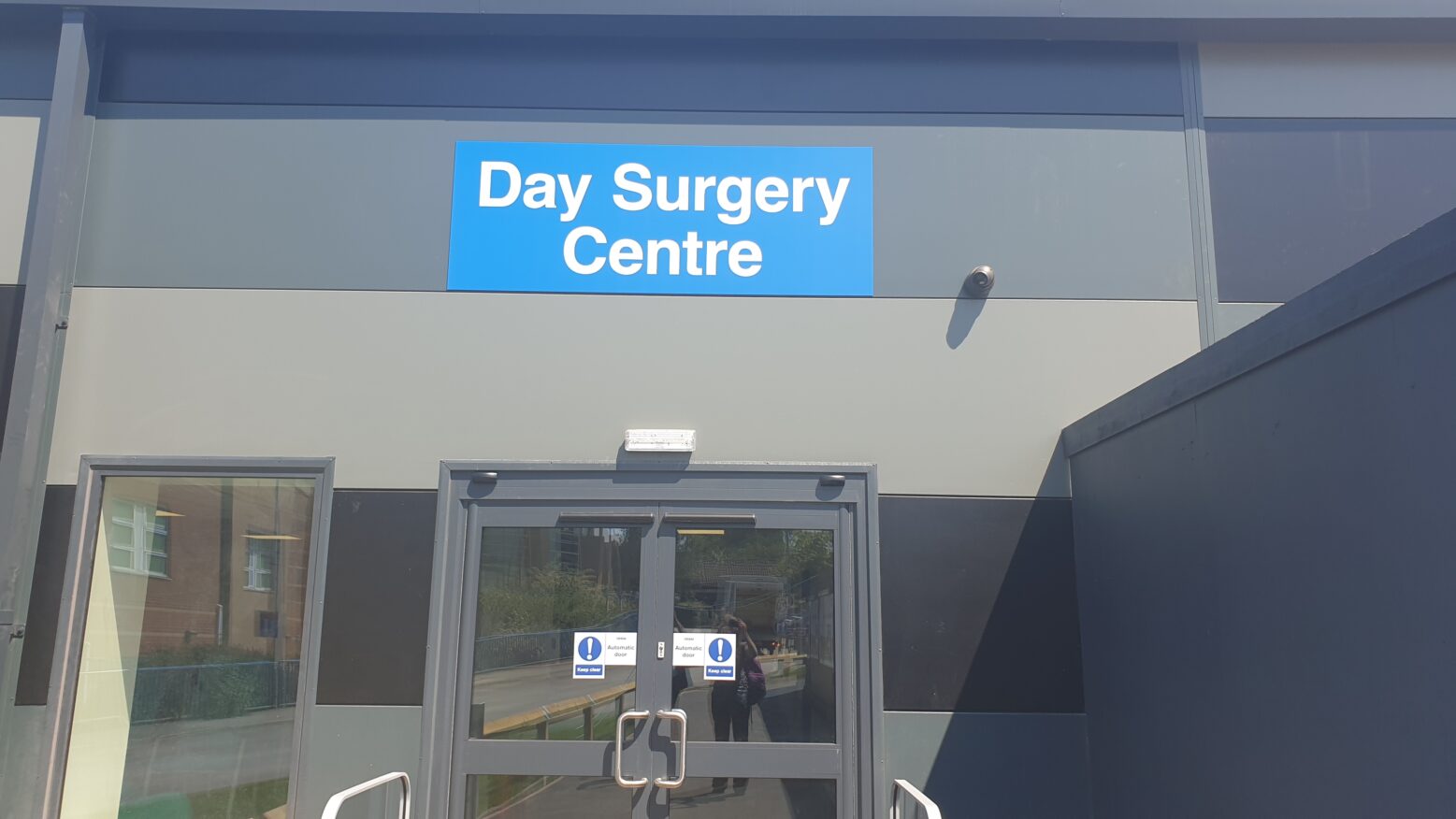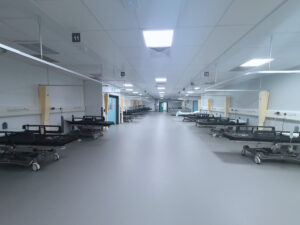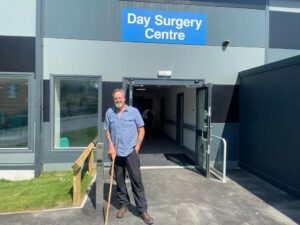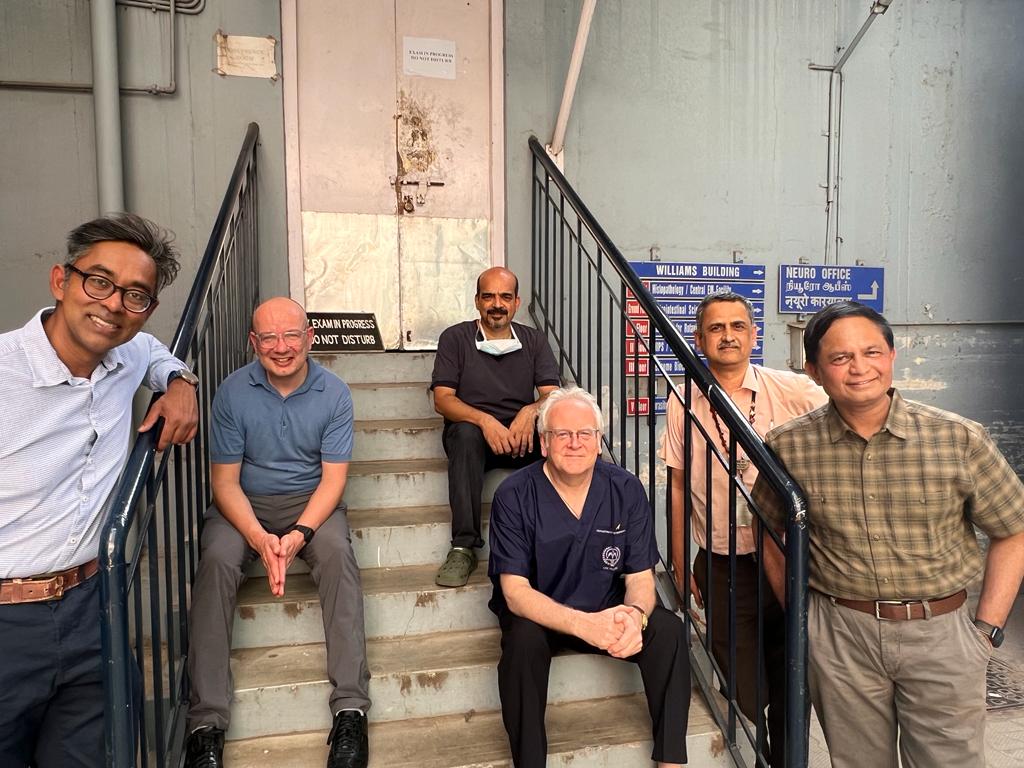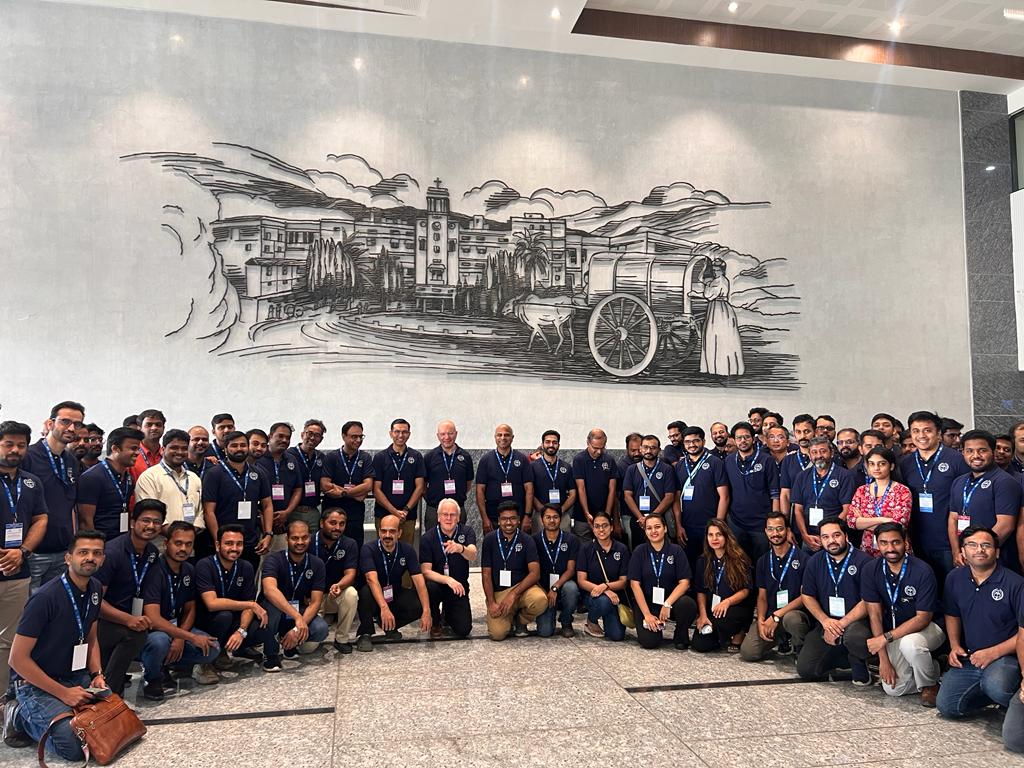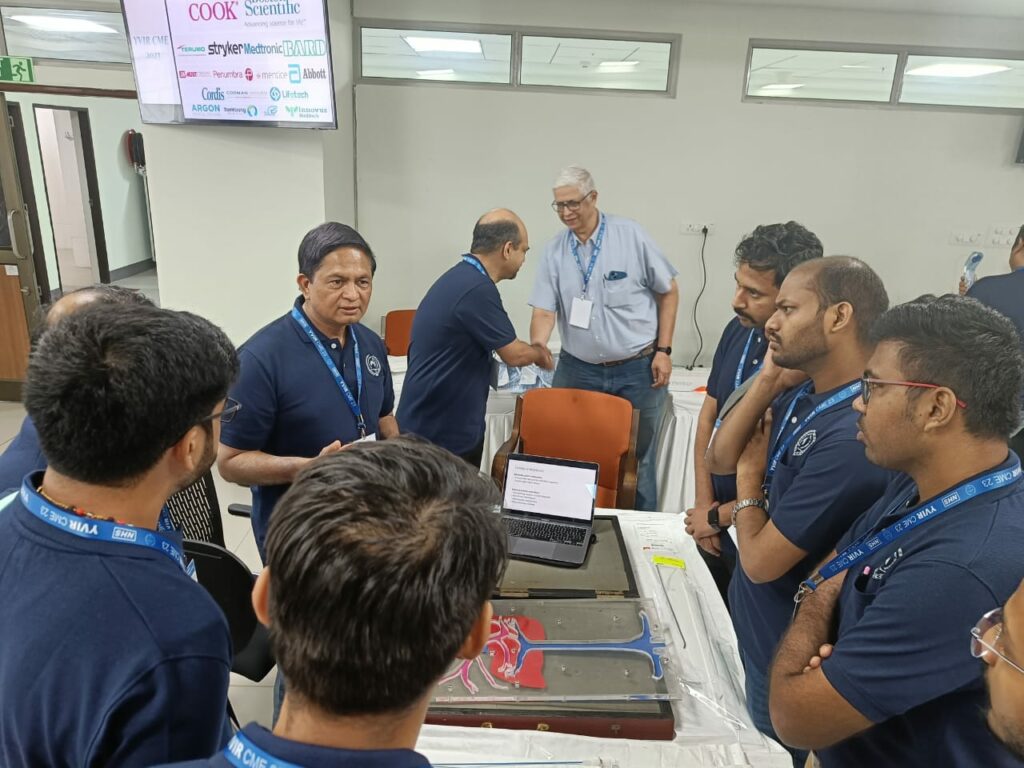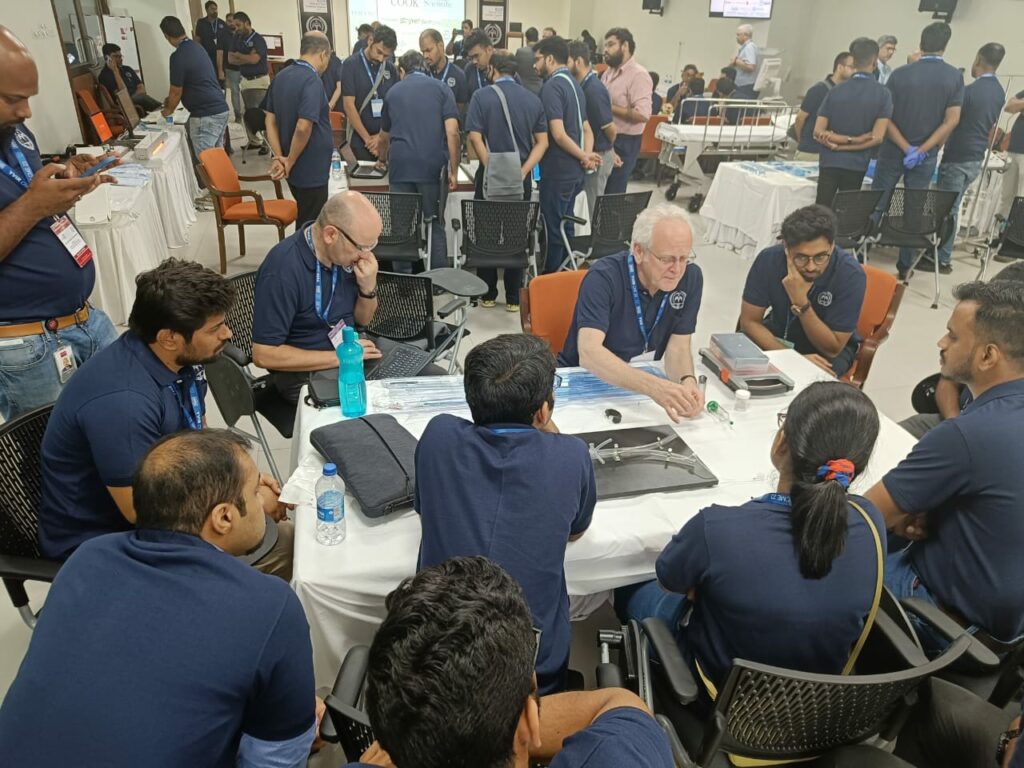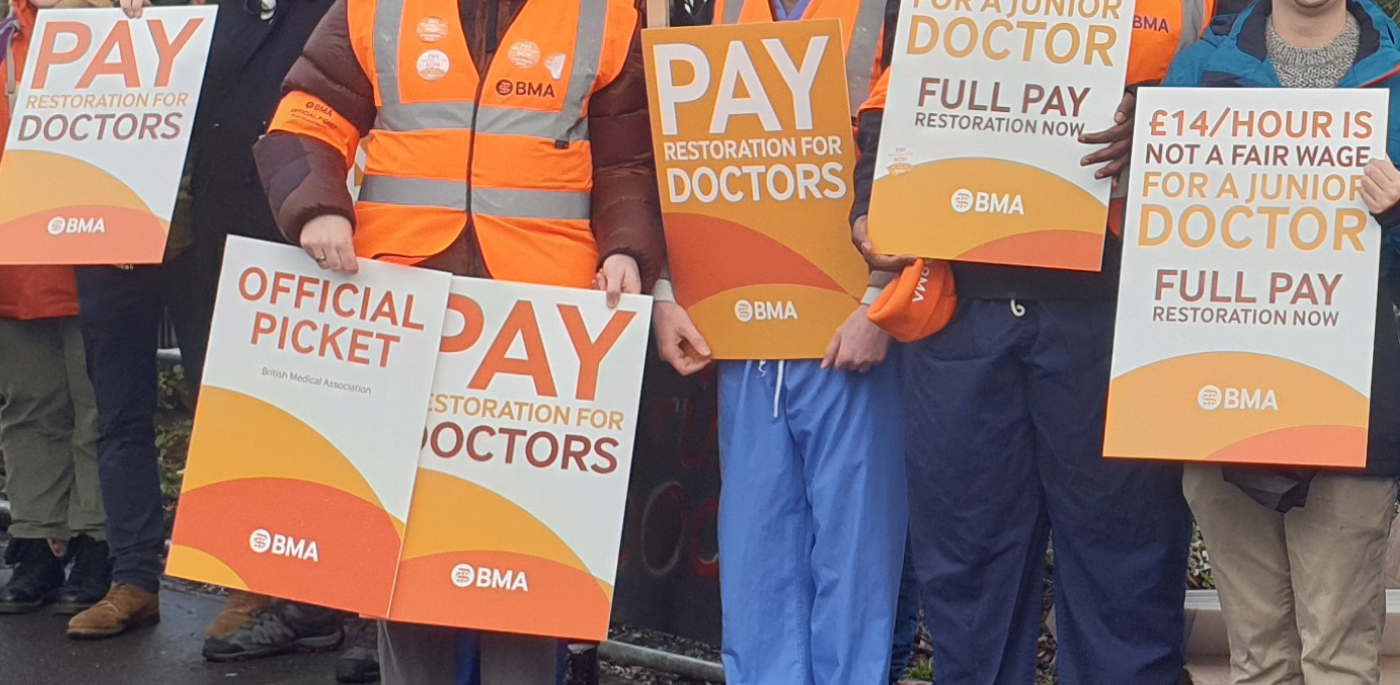The Hull University Teaching Hospitals NHS Trust is bidding farewell to two outstanding healthcare professionals Karen and Tony Jessop as they retire after a combined 104 years of unwavering commitment and dedication to the NHS.
The couple, both exceptional in their fields as A&E nurse and Surgical Care Practitioner, worked at the Hull Royal Infirmary (HRI) and Castle Hill Hospitals (CHH) respectively, giving 52 years each of their lives to the healthcare profession.
Karen Jessop, now 69, recalls the profound impact her mother had on her decision to pursue a career in nursing. As a young girl, she witnessed her mother’s unwavering commitment and compassion as a nurse and inspired by this act of selflessness and the desire to make a positive difference in people’s lives, Karen vowed to follow in her footsteps.
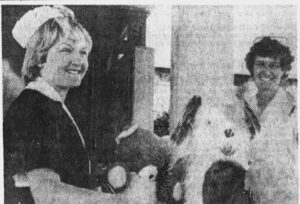
Karen (L)
Looking back today, Karen said she had no aspirations beyond nursing because “my mom was a nurse and that’s all I wanted to be.” And so at 16, she set out to be just that by first taking her pre-nursing course at the Hull College of Nursing from September 1971 to December 1972. In 1973, she started her career as a student nurse in theatres at the Hull Royal Infirmary. Following her qualification in January 1976, she took up a staff nurse post at the A&E department.
In March 1981, she took up a sister’s post, becoming the youngest person to hold that position at the time. It was an accomplishment she takes great pride in. Reflecting on this achievement, Karen fondly recounted: “getting a sister’s post five years from qualification was unheard of, but I did it.” Aside from taking time off to care for her sick mother in 2009, she has not taken a break.
Throughout her extensive career, Karen has witnessed the evolving landscape of emergency care and the NHS. From the early days of handwritten medical records to technological advancements that revolutionised patient care, she has been at the forefront of it all. Even paramedics were not a thing when she started her career.
“We didn’t have paramedics in my early days, there were just qualified ambulance crews. And when I first started there was just one consultant for the department, when you look now at how many consultants and staff we have, it’s amazing. A lot of the changes have been for the better.”
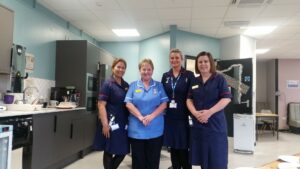
Throughout her career, Karen made it a point to provide exceptional care and comfort to all patients who either came in on a stretcher or walked into the A&E in need of medical attention. Her adaptability coupled with her wealth of experience, allowed her to provide seamless care and contribute to the ever-changing nursing field.
“It’s been an incredible journey. Every day brought a new challenge, but it was also an opportunity to make a difference in someone’s life. That’s what kept me going. I love every minute of A&E work. You’ve not got a routine; you never know what’s going to come through the door. It’s not always been easy, but the ability to provide comfort, care and hope in moments of crisis is something I will forever cherish.”
Karen’s colleagues affectionately remember her as a mentor and guide, always ready to lend an empathetic ear of offer invaluable advice. Her exceptional ability to comfort patients while supporting team members endeared her to all who encountered her.
Junior Sister, Kayleigh Richards described Karen as a kind, caring nurse full of knowledge and wisdom. She continues: “She is a pleasure to work alongside and an asset to the ED team. She will be greatly missed, but I wish her well in her retirement.”
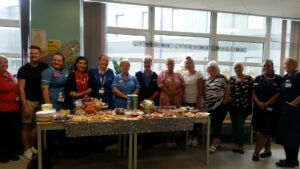
For Staff Nurse Donne, while Karen’s retirement marks the end of an amazing era, “I am sure that her legacy of caring and professionalism will be kept alive, and her passionate heart will remain.
Her sentiments are echoed by Senior Staff Nurse, Linda Cheeseman who says “it’s been a pleasure to have worked with Karen who has been a huge support to both patients and staff for the past 50 years. We are going to miss her but hope she enjoys her retirement.”
Karen, while sad to be leaving behind the job she loves, is happy to spend time with her husband, Tony Jessop, who is also retiring.
Tony, a Cardiothoracic Surgical Care Practitioner whose initial desire was to be a footballer, began working in the Sterile Services Department at Hull Royal in July 1971. But as fate would have it, his interest in theatres would tramp that initial desire to be a footballer, and it wasn’t long before this interest took him to apply for a trainee Operating Theatre Technician post, which he started in April 1973.

He successfully qualified in 1975 and, being good at his job, landed a senior post in 1978 at the Boston Pilgrim Hospital. He returned to HRI in 1979, and then to Castle Hill in 1980. It was at Castle Hill that he developed a passion for cardiothoracic surgery, enjoying working in the operating theatres and seeing the patients on the wards and ICU.
In October 1998, the opportunity arose to become one of the first Surgical Care Practitioners in the country. Tony jumped at the opportunity. He said “I’ve always had this fascination of stitching and used to stitch pillowcases. Mr Griffin, one of the consultant surgeons then, said there was the potential for a surgical assistant at Papworth Hospital. I had done an agency ODA job at Papworth for a week, so I rang them, went down, followed them around for three days and it was fantastic.”
Tony was seconded to Papworth Hospital to undertake the Surgical Care Practitioner training which he successfully completed in 2000. He then took up a post back at Castle Hill Hospital as the first Surgical Care Practitioner.
He began working alongside the surgical team, harvesting saphenous veins for coronary artery bypass grafting surgery, providing skilled assistance to the surgeons and closing surgical sternotomy and thoracotomy incisions.
Being someone who was keen to develop in his role and strove to continually improve the quality of the service that we provide. In 2005, working alongside another colleague, he introduced the newly developed Laser Bronchoscope, an achievement he is truly proud of.
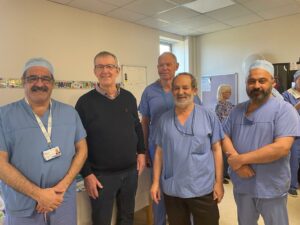
In 2008, he became the President of the Association of Cardio Thoracic Surgical Assistants where he used his national platform to identify and share best practice. He held that position for two years.
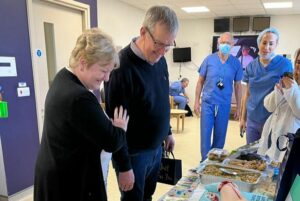
Throughout his career Tony has endeavoured to share his knowledge, through the training of new staff at HUTH and other healthcare facilities in the region.
Looking back, Tony says he has no regrets and will do it all over again, given the chance. Already missing his job, he said “I have dreams of my job. It was an absolutely fantastic job. I enjoyed doing what I did, I enjoyed every minute of it. And I loved my team. I’ve never gone to work and said to myself God, I wish it was five o’clock, never ever. People used to say to me morning Tony, how are things and I’ll invariably say it is terrific.”
Tony’s colleagues have nothing but praise for him and for dedicating so many years of his life to the role. Maxine Read, Surgical Care Practitioner at CHH said: “Tony is the father of our department. He was the first SCP in Hull, so he pioneered the role and helped shape its development. He was a supportive colleague to us all and well-loved by our patients, who enjoyed his regular visits to them on the ward where he would tell them they were on the team for Saturday’s match. We will miss him.”
Jill Bell, Chief Clinical Perfusionist, who also managed Tony briefly aid “I joined the Trust as a trainee perfusionist. At this point, Tony was the Lead Operating Department Practitioner (ODP) for cardiothoracic and he was so helpful with teaching and supporting myself and others in their new clinical roles. Having worked for so long in the NHS and predominantly in cardiothoracic, he was a fountain of knowledge.”
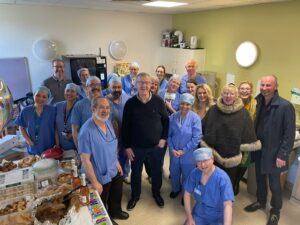
He continued: “He supported not only ODPs and SCPs in the profession he was but perfusionists, nurses, junior surgeons and anesthetists. He not only shared his experience and knowledge, but he was also a good team player, helping all the team achieve the best results possible for the patient. Tony led the way for SCP’s not only in our hospital but nationally, being one of the first in the country. He was hard working gentleman with a heart of gold. He’s missed by all the team, and we wish him a long and happy retirement with his wife Karen.”
As they enter retirement, Karen and Tony eagerly anticipate embarking on new adventures. Their plans include travelling across the country in their caravan.


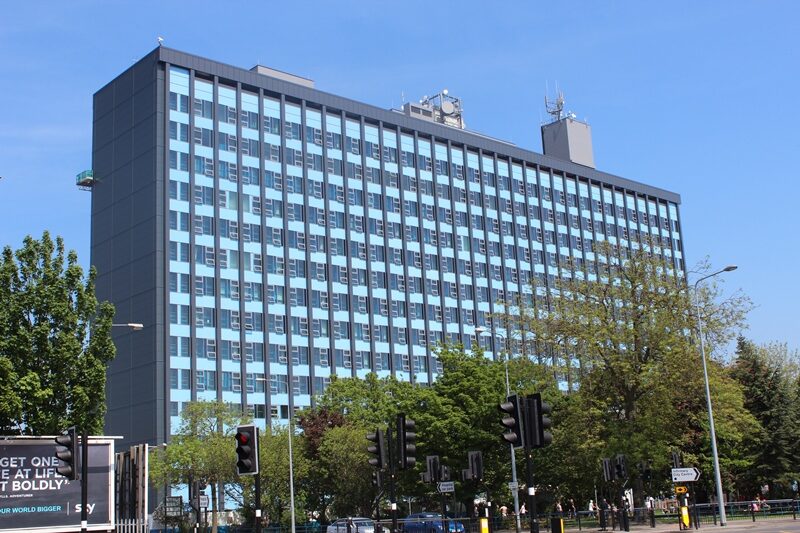

 Waiting Well – Orthopaedics follows in the footsteps of a similar project for cardiology patients, also delivered in partnership with Forum, which was introduced last summer.
Waiting Well – Orthopaedics follows in the footsteps of a similar project for cardiology patients, also delivered in partnership with Forum, which was introduced last summer.








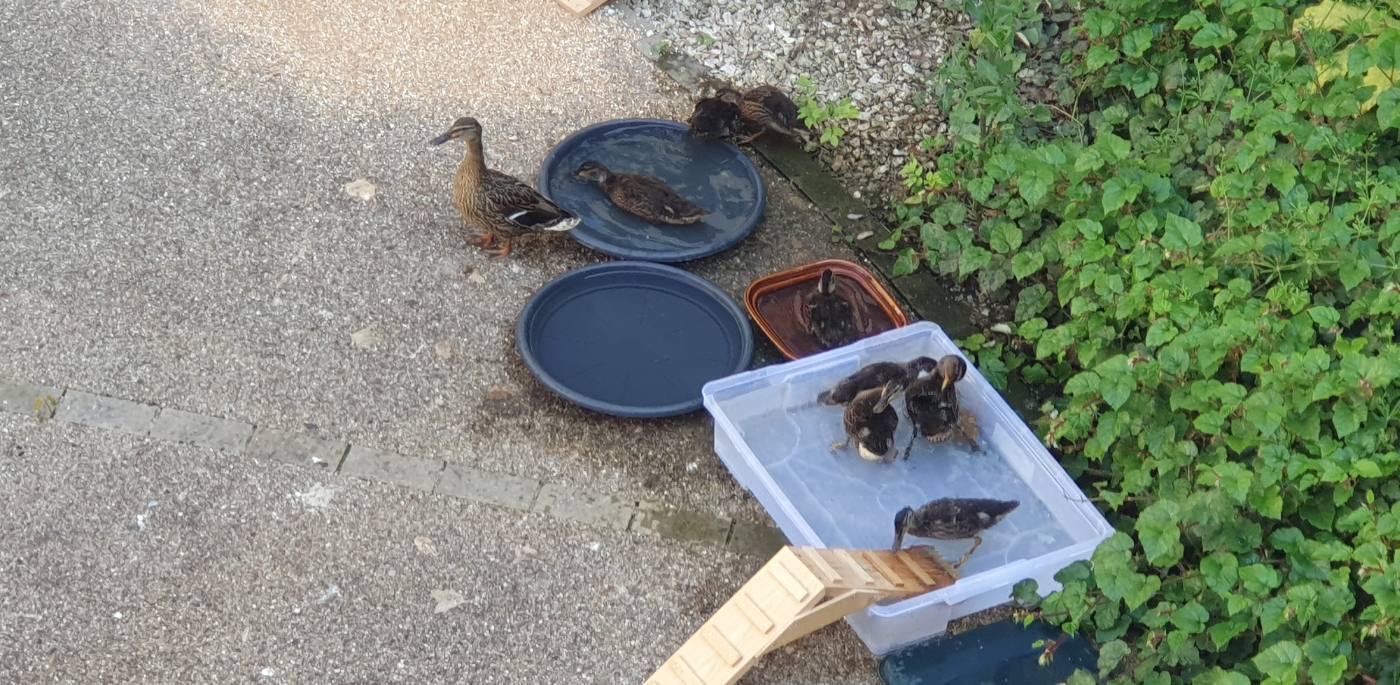

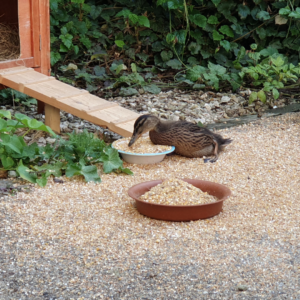 “There were some concerns initially about keeping the ducklings here, but we sought expert advice and rather than rehoming them, we were advised how best to care for them for the relatively short time they’d be with us.
“There were some concerns initially about keeping the ducklings here, but we sought expert advice and rather than rehoming them, we were advised how best to care for them for the relatively short time they’d be with us.